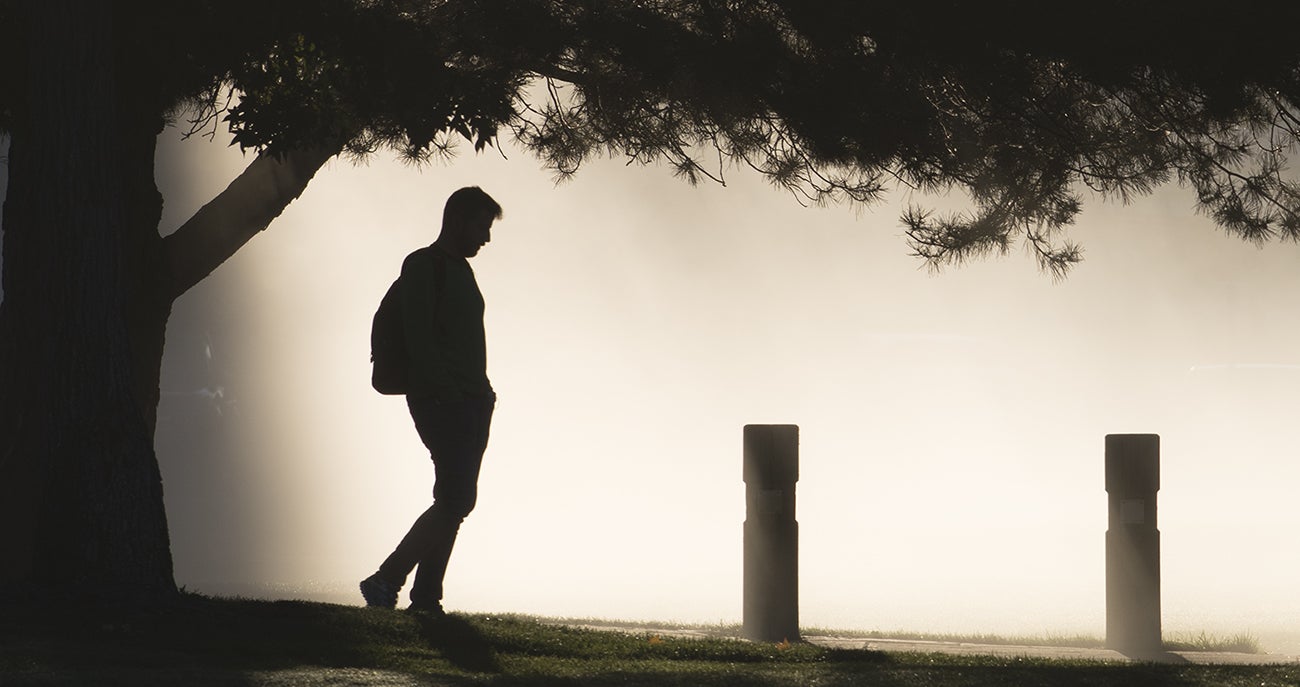
During my senior year of college, I was preparing to graduate with a bachelor’s degree in English and I was having doubts about my future career prospects. It is a running joke amongst English majors that their degree is a lot of hard work, work which doesn’t particularly guarantee you any one specific job. Many English majors choose to teach English, which is undoubtedly a noble profession. However, so many English majors who don’t want to teach kind of end up floating for a while, trying to understand how their specific set of skills can translate to a traditional workplace setting. When I told people my major, the most common response was “why?” or “good luck getting a job with that.”
I was a little too fiercely independent for my own good, but I found the courage to reach out for a bit of advice from my poetry professor (and someone who unknowingly became my mentor), who told me a story about the exact moment he knew he would be a poet. When I told him my major and the concerns that came along with it he said, “English major, huh? To be an English major, well—I have some thoughts on that.” I wish you could hear his voice. It’s no wonder he is a successful poet because the way he spoke was so deep and soothing to listen to, it was like he had rehearsed from a script before I’d arrived.
“I was one of those quiet, sentimental types of college students in Illinois,” he started. “You’d see me sitting alone with a book of poems, watching the birds—that kind of thing. One beautiful spring day, I sat down underneath a gorgeous oak and read Robert Herrick. It was the line in the poem Upon Julia’s Clothes…”
‘Whenas in silks my Julia goes,
Then, then (methinks) how sweetly flows
That liquefaction of her clothes.’
“I stood up and became euphoric. ‘Liquefaction’ I said out loud. ‘Liquefaction’ I said again and again, so I could feel the word on my lips. When I read that word, I knew that I was a poet. The feeling I got. The eroticism, the euphoria, I sensed the power of words in that poem,” he said.
“Now, I’m 60 years old. That was a long time ago. I have no idea how true that is. The oak, the birds, the spring day—I don’t know. I did write a poem about it, and I believe the heart of it to be true, but that doesn’t really matter. What really matters is that if I wanted to be a poet, I could learn how to be a poet. If I wanted to tell the story about the moment I knew what I would do for the rest of my life, as if that moment ever happens, I would be able to. If I wanted to be a scientist, I could learn how to be a scientist—and I’m not talking about taking classes. I’m talking about studying other scientists, reading the literature, doing the research, and telling the stories. I can figure it out. I can figure anything out.”
“The world runs on narratives, rhetoric, language, stories. The great trick about English majors is that they are so set up for success in practically any topic, field, industry, profession. The only limit to their potential is them buying into the false narratives about themselves.”
“Was there really an exact moment I knew I would be a poet? No, probably not, but it was a great story, wasn’t it? Didn’t you picture the oak tree? Didn’t you see that sentimental poet in your mind? Let me tell you something. You have the ability to live in the shoes of another person’s experiences and make them your own. You know how powerful rhetoric is. You know how to persuade. You know how to effectively communicate to one person, a thousand people, a million people. You can write about any topic, any person, in any form, in any situation, for any reason. And here’s the great thing about it—people don’t realize it. Sure, you might want them to realize it when you’re at a job interview, but if everyone realized it, it wouldn’t be special.”
“Nobody can do what we can do, ok? Now just go find the people who realize it.”
He gave a reading of his poems published in his new book shortly after we spoke, and I attended. The auditorium was packed. The loudest voices came from the table for book buying, while the people seated with programs, poetry books, and sharpies in hand awaited quietly. When he was introduced, there was a warm applause, the kind that only poetry and golf fans can do. During his reading, he read that poem about the moment he knew he would be a poet. I felt like I knew a secret. A part of me wanted to let the audience know, “Hey, he doesn’t really know if this happened,” but I felt the temperature in the room, I saw the faces of people absorbing the tone, the alliteration, the cadence, the consonance, the repetition. I heard…
‘Liquefaction
Liquefaction
Liquefaction’
As I was walking out with the crowd, back to reality, I finally understood what he meant. I held my head a little higher after being shown by example the power of words. I left with a better sense of what I was, what I could do, and the uniqueness therein carried me through to graduation and a less uncertain future. I’ve even found some people who realize it.
Now, I’m 34 years old, college was a long time ago. My professor has long since retired. Fortunately though, I know that most of this was true. Was it his exact words? Oh no, he put it much more eloquently than I could. As he often said with a smile and that voice that could only belong to a poet, he’s famous for a reason.
By Mike Taylor